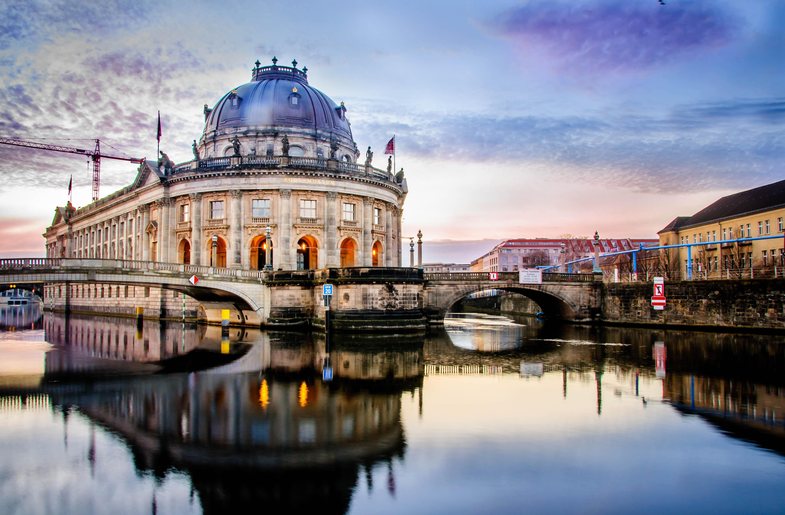
70 works of art and antique artifacts (man-made objects of cultural and historical value) at three Museum Island galleries in Berlin were vandalized with an oily substance earlier this month, according to German media reports.
Museum Island is a museum complex in Berlin and is one of the most visited places in the German capital as well as one of the most important museum sites in Europe. Damaged objects include Egyptian sarcophagi, stone sculptures and 19th-century paintings, housed in the Pergamon Museum, Alte Nationalgalerie and the Neues Museum. Die Zeit and Deutschlandfunk report that the attack took place on October 3, but police kept it out of the public eye.

The Prussian Heritage Foundation, which oversees the collections, has reportedly confirmed that the objects in the exhibitions have been damaged. Police in Berlin said an investigation had been launched but would not comment on the motives behind the attack.
The Guardian reports that in 2018, two women were arrested in Athens after painting museum exhibits at the National History Museum with an oily substance. Both, who later identified themselves as of Bulgarian origin, told police they were spraying the works of art with oil and myrrh (a type of resin) "because Scripture says it is a miracle".
Across social networks, people who believe and spread conspiracy theories have linked the attack to these theories. One theory claims that the Pergamon Museum is the center of the "global satanism scene" because it houses a reconstruction of the Pergamon Altar, the latter a monumental building dating back to the 2nd century BC, located on one of the acropolis terraces of the city. ancient Greek of Pergamon.

Attila Hildmann, former chef known vegan and finally one of the most famous proponents of baseless conspiracy to QAnon , posted Telegram in August and September that Chancellor Angela Merkel used the altar to "human sacrifice". On Tuesday, he wrote about the Deutschlandfunk article, “Fact! It is the throne of Baal (Satan). "
Burimet: Deutschlandfunk, Die Zeit, Guardian





